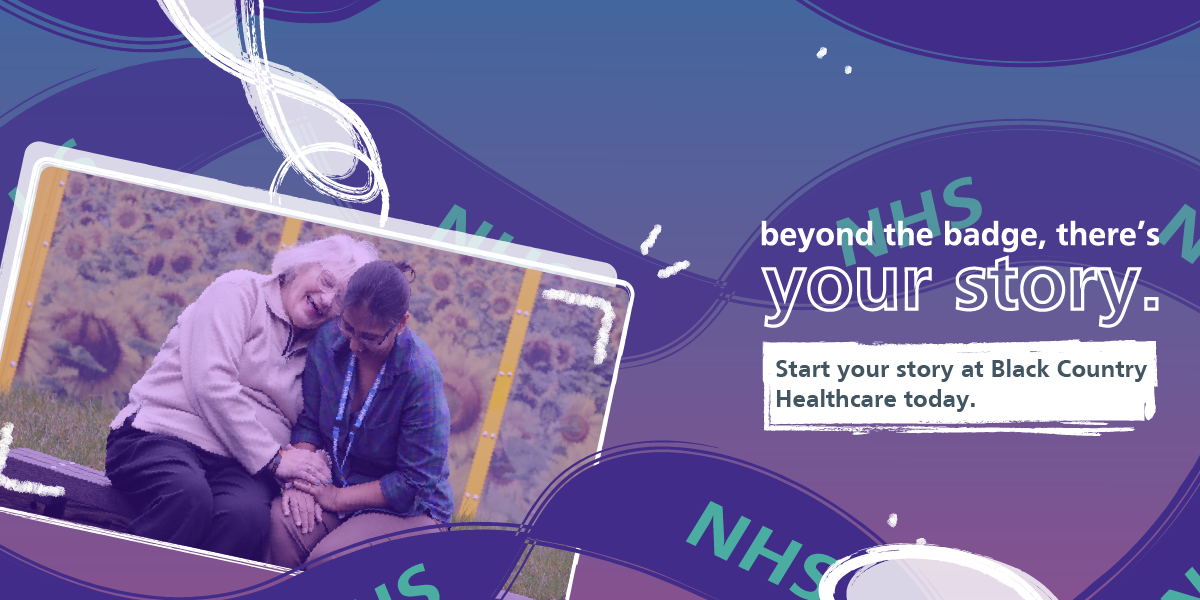Behind every badge, there's a story
At BCHFT, our staff are so much more than their job titles and what may be written on their badge. They go beyond their day-to-day job requirements. They go beyond the badge.
We're using this campaign to highlight the wide variety of roles and teams across our organisation, as well as the amazing people who go above and beyond to support their patients, colleagues, and communities across the Black Country.
Sometimes it can be hard to know exactly what will be involved when you are starting in a career or changing roles, which is why Beyond the Badge will emphasise our staff members' experiences, their career journeys, and some top tips for their area of work.
Make sure to keep checking this page where we'll spotlighting lots of case studies and information about job roles at BCHFT and our current vacancies. Don't forget to also follow our Facebook, Twitter and Instagram pages for updates!
Why not also listen to our brand new Mind over Natter podcast: ‘What it’s really like to work in mental health’? Featuring Community Psychiatric Nurse, Kirsty Hadley and LGBTQ+ Community Development Worker, Stevie Chand - who give an insight into their roles and how they support people with their mental health.
So what are you waiting for? Start your Beyond the Badge story with us! You can find all our vacancies here.
Our Beyond the Badge stories
What do you and your team do day-to-day?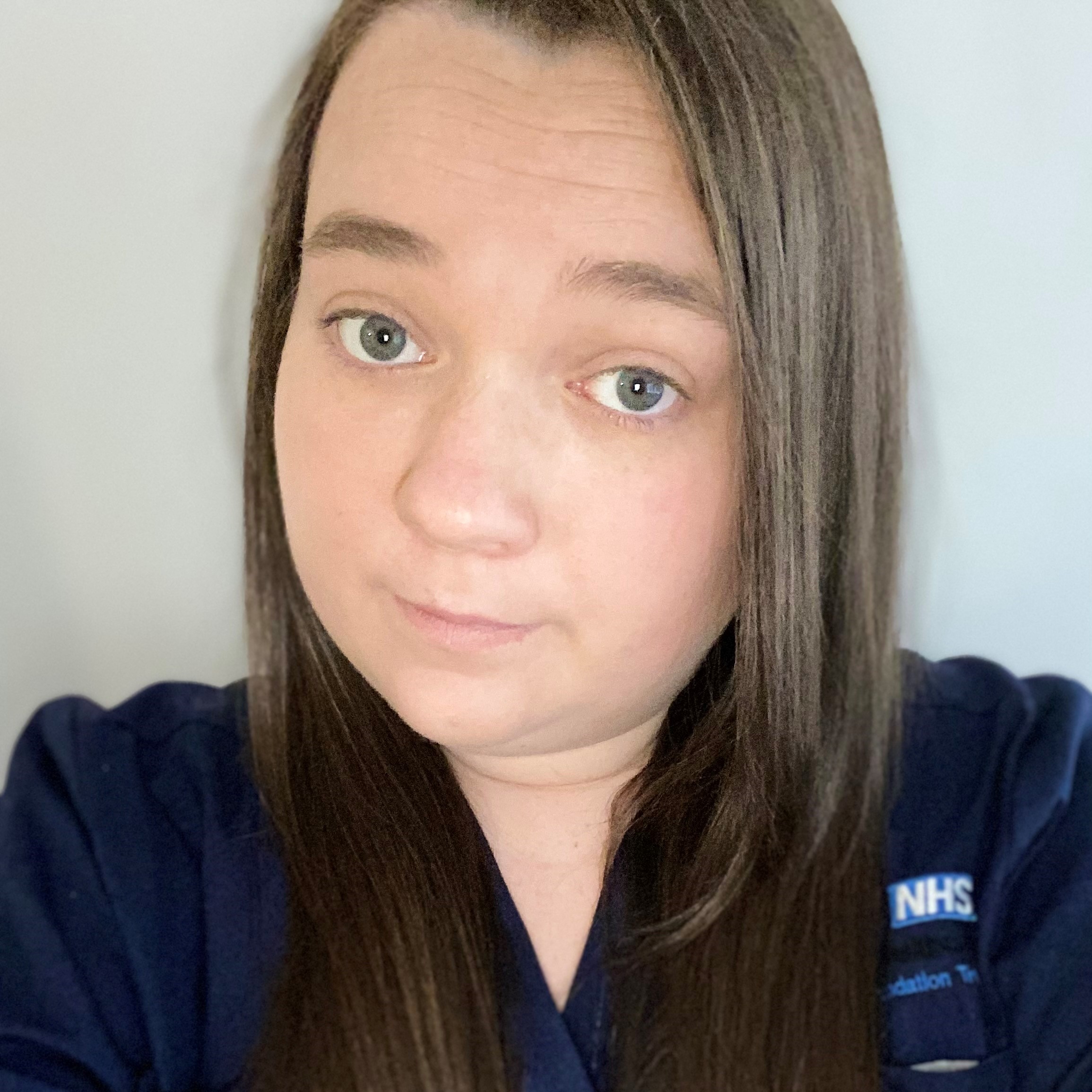
I manage a male acute unit in Wolverhampton. My colleagues and I look after men who are experiencing a mental health crisis. We ensure that that they have a person-centred experience and leave with a robust support package in place. We aim to ensure that our patients feel safe and secure during their admission.
Can you tell us about your career journey and how you got into your role?
I studied at Birmingham City University, and undertook a number of placements including an older adult organic ward, early intervention service, rehabilitation, and also the national deaf service. Once qualified, I worked on a female acute admission ward and then moved to a forensic male intensive care unit as a deputy ward manager. I spent some time on a forensic male acute ward before joining BCHFT as a ward manager on the male acute ward. A highlight of my career was when I was asked to be part of the Nursing and Midwifery Council panel to revalidate the nursing education programme - this led to the production of the Practice Assessment Document and the practice assessor / supervisor roles. I now also attend nursing recruitment events regularly. Developing staff is a top priority for the Trust so I really enjoy being a part of this.
What do you enjoy most about your job?
My colleagues really make coming to work an enjoyable experience. I particularly enjoy seeing my team members achieve their career aspirations. It’s also amazing to see patients’ recovery and discharge – it gives me a real sense of pride. Working for a newly merged organisation with lots of exciting plans makes me feel involved in lots of positive change for our patients, staff, and wider communities.
What is your top tip for working in your role?
If your colleagues feel valued, empowered and supported, this will be reflected in the care provided to patients.
What do you and your team do day-to-day?
We offer screenings and assessments for those with common mental health disorders such as depression, anxiety and panic, and provide evidence-based psychological therapies. We work within and support the improving access to psychological therapies (IAPT) stepped care model based on service user needs, and conduct risk assessments and agree risk management plans for individuals presenting with risk, to ensure they are aware of how to keep themselves safe. We make referrals for individuals to appropriate services based on their needs, for example to community mental health, psychology, and urgent care teams. We also refer and signpost individuals to other forms of support - housing, employment, financial, and other services such as specialist counselling.
Can you tell us about your career journey and how you got into your role?
My IAPT journey started a few years after I graduated from my BSc psychology degree at the University of Birmingham. I landed my first IAPT role as an assistant psychologist in 2015, working within a local NHS IAPT service. I fell in love with the sector and saw first-hand the level of support that was being provided far and wide, even to those hard to reach communities. My passions lay in promoting the service to those who may not have otherwise thought to access it and portraying just how much of an impact a cognitive behavioural therapy (CBT) approach can have with so many common difficulties. In 2021 I joined Walsall talking therapies, and I now help to supervise and train those who are just starting out within the IAPT world - I love my role! It feels good to know that there are some talented new therapists and practitioners out there who will soon have a positive impact on the lives of many within our community.
What do you enjoy most about your job?
I love to teach, supervise and train others where possible. Having had a good number of years’ worth of experience, and working within communities with complex needs as well, I have seen a lot of how IAPT practitioners can make an impact and I love sharing these experiences. I enjoy the fact that we are targeting communities which otherwise may not have known about us or even thought to seek such help, because it is these communities where a big difference is truly felt!
What is your top tip for working in your role?
Smile! Breathe, take it all in - even at those times when it can be demanding and fast-paced. It is at those times that you should remind yourself what a great difference you will eventually make. Oh, and coffee. Strong coffee.
What do you and your team do day-to-day?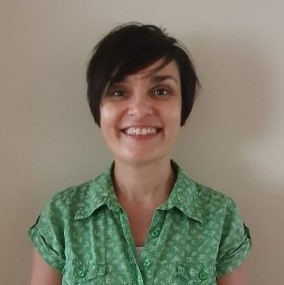
My role is very varied and no two days are ever the same. I hold a caseload of patients up to the age of 18 with a range of learning difficulties, many with additional diagnosis, including ASD and ADHD. Many patients are referred to our service for support with challenging and self-injurious behaviour, anxiety, low mood, in addition to assessment of ASD and ADHD. I work with the patients, parents/carers and schools, as well as a range of other professionals that may be involved, to try and unpick the difficulties. I explore activities of daily living, meaningful occupation, routine, communication, and any potential sensory difficulties that could be impacting on functioning, offering practical strategies and support. With colleagues, I run psychoeducation programmes on a range of topics to support families in understanding and managing their child’s needs. Working with the small team of professionals allows us to discuss complex cases as part of a multidisciplinary team. I also complete initial assessment screenings to ascertain if the referral is appropriate for our service, or if signposting to other agencies is required.
Can you tell us about your career journey and how you got into your role?
Since qualifying as an occupational therapist (OT), I have worked in a number of settings gaining a variety of experience. I briefly worked on an acute physical hospital ward, and then in a specialist residential school with children with autism, followed by working in a medium secure forensic hospital. An opportunity then came up to work in child and adolescent mental health services (CAMHS), which was an interest of mine from gaining shadowing experience prior to commencing my degree as a mature student. After being in post for 18 months, a vacancy arose to work in the learning disability team within CAMHS, which I jumped at!
What do you enjoy most about your job?
Working with individuals with learning disabilities has always being a keen interest of mine, having worked in that sector for numerous years before commencing my OT journey. I currently have a split post between learning disabilities and core CAMHS – working with a variety of professionals to expand my knowledge, skills and clinical perspective. Working with individuals with learning disabilities and their families gives me great job satisfaction and my role in CAMHS allows me to put my OT skills to great use.
What is your top tip for working in your role?
Be organised and keep a list! Liaise with other members of the team to gain their perspective on complex cases; don’t be afraid to ask for help. Have a sense of humour!
What do you and your team do day-to-day?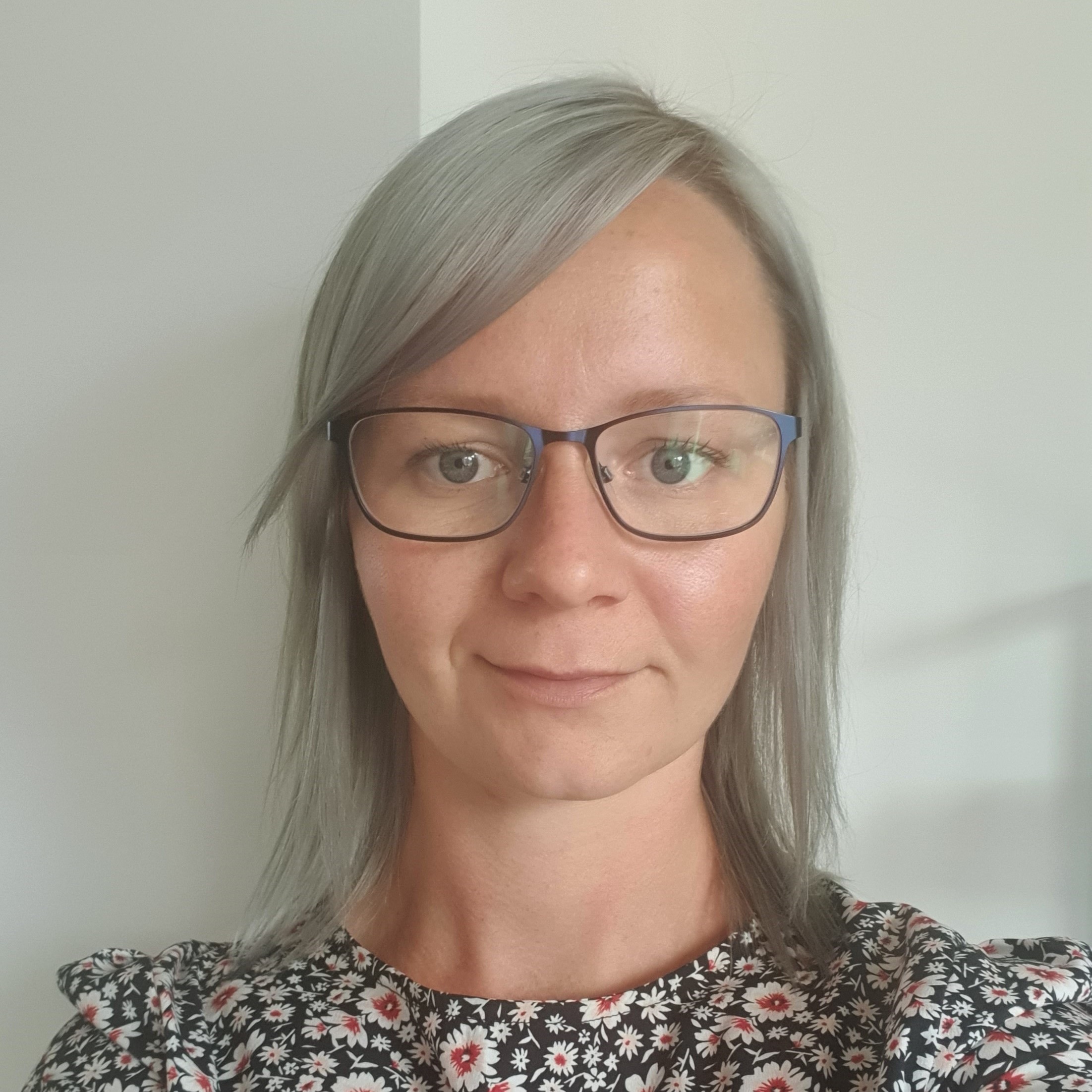
I help people with long-term physical and mental health conditions gain and retain paid employment. My day-to-day role consists of telephone appointments with my clients helping them do just this - we help people complete their CVs, support them with job searching and application forms, and even help them prepare for their interviews. The list is endless, but the main thing is that we care about people’s aspirations and look after their wellbeing while looking for work.
Can you tell us about your career journey and how you got into your role?
I was previously working in recruitment, and before this role I had a varied history of working within different industries. I have been a carer, a hairdresser, a bar attendant, and a trainee manager in a public house. It doesn’t matter where you come from, if you care for people and have the relevant experience to do well in this role then it is definitely the job for you.
What do you enjoy most about your job?
The happiness in my clients’ voices when they are successful in an interview - the relief and the appreciation they give me when we find them employment.
What is your top tip for working in your role?
Listen, learn and ask. Listen to your trainers - take in as much information about the job you’re going to be doing. Learn as much as you can, as it will make you the best vocational specialist you can be. Don’t be afraid to ask for help, we have all been in your situation coming into a new role - it is scary but employment services is like a family and we are always here to help.
What do you and your team do day-to-day?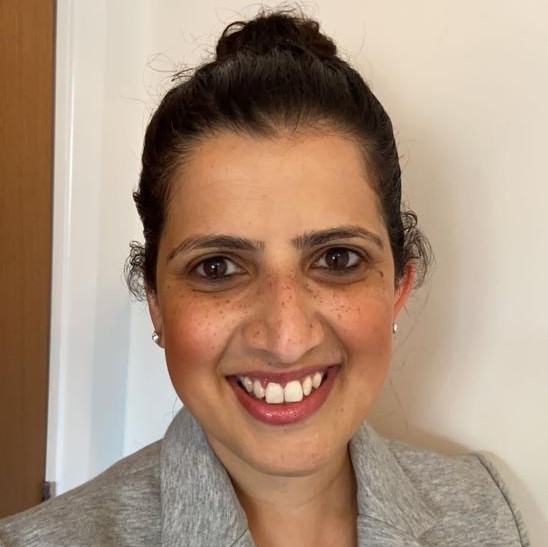
Mental health liaison work at the interface between physical and psychological health. Providing specialist mental health assessment and treatment for patients attending emergency departments and general hospitals, we deal with a range of presentations such as mental health issues, delirium, dementia, substance misuse issues, and medically unexplained symptoms. It’s about working collaboratively with the team and wider services to improve access and reduce admissions.
Can you tell us about your career journey and how you got into your role?
I have been qualified for 17 years and have worked at BCHFT for 14 years. I have recently been appointed as a principal psychologist across the Sandwell and Dudley teams - it’s a really exciting post as neither team have had psychology provision before, so it’s a wonderful opportunity to develop and shape a psychology service.
What do you enjoy most about your job?
The work is varied no day is the same! I am part of two very skilled teams who are very passionate about delivering a compassionate service to our patients. There are also opportunities to develop training, which supports our physical health staff to increase their understanding of mental health.
What is your top tip for working in your role?
You need to be a team player, compassionate, and most of all have enthusiasm to learn and develop.
What do you and your team do day-to-day?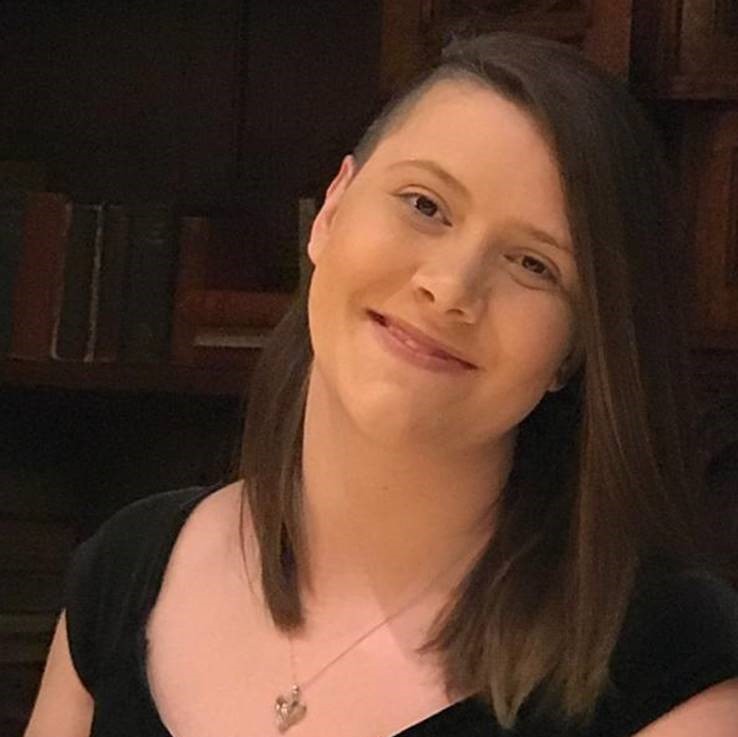
I support learning disability (LD), children, young people and families (CYPF), and corporate services to deliver change by using project level planning, initiation, mobilisation and evaluation of projects - including quality impact assessments, risks and key performance indicators, benefits realisation and lessons learned.
Can you tell us about your career journey and how you got into your role?
I started in the NHS as an apprentice medical secretary and have provided administrative support to a number of LD and CYPF services. I eventually found my way into a project administrative role where I began to learn the methodology and skills involved in making a functional programme management office (PMO). Finally I managed to successfully apply for my current PMO facilitator/support officer role.
What do you enjoy most about your job?
I enjoy the challenge of supporting system change, to identify plans and ways forward, identify risks and issues and escalate and capture areas of learning. To look at a project upon completion and think: “I helped make a change.”
What is your top tip for working in your role?
Organisation is key!
What do you and your team do day-to-day?
Walsall memory assessment service (MAS) assesses individuals who are reported to have cognitive decline, usually a decline in memory. The nurses complete initial assessments and may offer post-diagnostic support depending on its nature. We have a multidisciplinary discussion about each case and form a clinical impression. Psychiatrists usually offer diagnostic feedback, and we offer neuropsychological assessments for individuals who are more complex. We also offer post-diagnostic, emotional support to people who are struggling to come to terms with their diagnosis. I may offer supervision to nurses, and I currently run reflective practice for the team once a month. I usually lead upon any service development projects, such as audits and evaluations.
Can you tell us about your career journey and how you got into your role?
I first became interested in working with older people when completing my master’s 14 years ago. I completed two older adult/dementia specialist placements during my doctoral training, as well as a thesis in dementia care. Dementia care is my passion and special interest. I began as a clinical psychologist, and was then appointed as a senior clinical psychologist - initially working across a number of services, and I now solely work within Walsall MAS.
What do you enjoy most about your job?
Although diagnosing someone with dementia is a difficult and emotive role, I love the ‘detective’ work that comes with assessing someone. I love working in an multidisciplinary team and we are always learning from each other; being part of a friendly team is very important. I also enjoy thinking about how our services can be improved for people living with dementia, and analysing what gaps there are.
What is your top tip for working in your role?
Make sure that you protect some admin time each day, even if it’s only half an hour, otherwise it can quickly build up! If you are working in two or more teams, make sure that each team knows your working days and hours, and stick to those boundaries. Ask your team about how they think psychology could be more embedded in the team.
What do you and your team do day-to-day?
I work as part of a multidisciplinary team, treating adults with learning disabilities either in their own home or day centres and colleges. I am responsible for assessing and setting up treatment plans for my own caseload of patients , as well as supervising our physiotherapy technician and reporting to our team lead. We get patients referred from both within our service and from external services, for a variety of conditions from simple mobility problems to very complex neurological problems. We also have referrals for our orthotics service.
Can you tell us about your career journey and how you got into your role?
I started working for the Walsall team as a locum physiotherapist in November 2017, and in August 2018 I became a permanent member of staff. Previous work with both children and adults with physical and learning disabilities, and adults with dementia, has equipped me for my present role, where I often have to find new ways of making exercises fun.
What do you enjoy most about your job?
I enjoy working as part of a multidisciplinary team, and that every day is different!
What is your top tip for working in your role?
You need to be versatile, a good problem solver, and able to think outside of the box.
What do you and your team do day-to-day?
I work in a professional and committed multidisciplinary team of nurses, psychologists, allied health professionals - and we are supported by admin colleagues. We all work together to provide an excellent dementia service and to make every effort to improve the wellbeing of our patients.
Can you tell us about your career journey and how you got into your role?
I started my career in Ireland, and my journey in mental health took me to train in the Trent rotation - finally taking up a consultant post in the Black Country 15 years ago. Our trust has gone through some changes over the years but still remains an excellent place to work.
What do you enjoy most about your job?
I have a great team and we always work together in everything we do. Support from colleagues is also something I really value.
What is your top tip for working in your role?
You need to be compassionate and value your colleagues.


